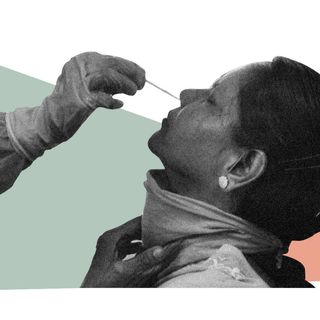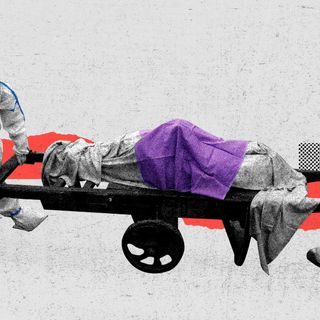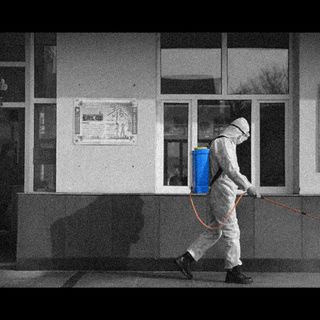After a group of 239 scientists from 32 countries wrote an open letter to the World Health Organization (WHO), stating there is strong evidence to suggest that coronavirus can spread through the air, the WHO acknowledged that airborne transmission can’t be ruled out.
The WHO had, until now, maintained that the virus that causes Covid19 spreads primarily through small droplets expelled via the nose and mouth of an infected person that quickly move towards the ground. However, scientists claim that there is evidence to show that exhaled particles can linger in the air and can infect the people who breathe them in.
The WHO said that if the evidence is confirmed, it may affect guidelines for indoor spaces, and advice on how to prevent the virus from spreading may also have to change. Governments may have to tweak the public health measures that are aimed at containing the spread of the virus.
But most importantly, if proven, the announcement will change the way we navigate public spaces, especially those that are closed and tend to get crowded. A few cities in India have opened up public places such as malls, places of worship, restaurants, hotels, and public transport.
Related on The Swaddle:
Is Spraying Disinfectant in Public Spaces an Effective Way to Stop the Spread of Covid19?
“It’s increasingly clear that these big outbreaks where lots of people get infected are one of the most important ways in which this pandemic keeps going,” said Don Milton, a virologist from the University of Maryland and one of the scientists to have signed the letter to the WHO. “We need to stop these super-spreading events and the way to stop those super-spreading events is is to pay attention to airborne transmission,” he added.
While crowd control and masking are good strategies to contain the spread of the virus, with an airborne disease, it becomes critical to pay attention to air quality in indoor spaces, especially in hospitals and nursing homes. However, schools, colleges, offices, and dorms or hostels, that are often poorly ventilated, are also a cause of concern.
In their letter to the WHO, the scientists recommend ventilation of indoor spaces by opening up windows and doors to bring in outdoor air. Public buildings and closed spaces, in particular, will have to be managed with good air filtration systems that focus on minimizing recirculation of air, they added.
As India continues to open up slowly, it remains to be seen how this announcement will impact public health policy regarding schools, hospitals, and other enclosed public spaces.




